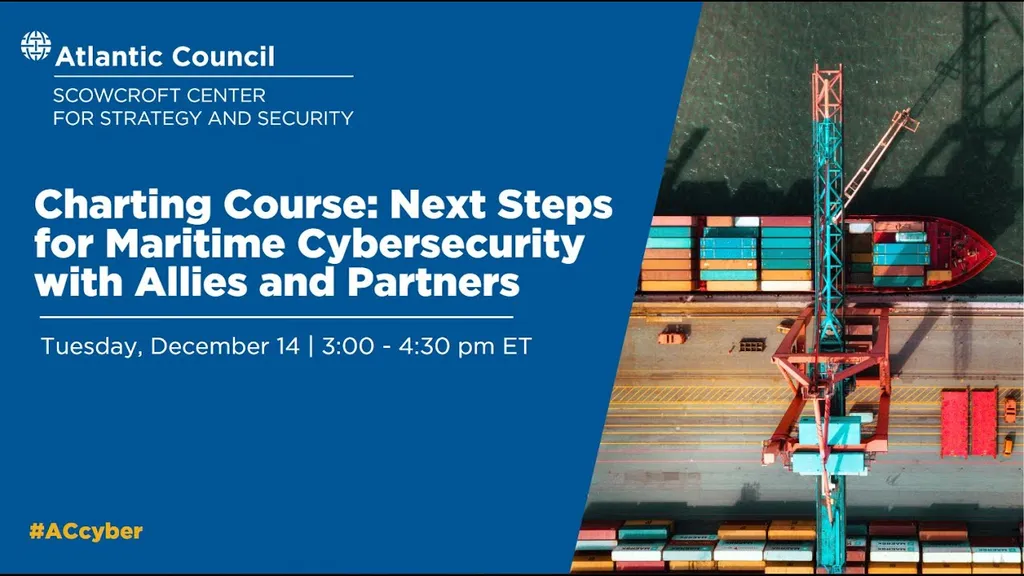Researchers from the University of Pisa and the Italian National Research Council have published a comprehensive study on the growing threat of cyberattacks on vessels, highlighting the urgent need for robust cybersecurity measures in the maritime sector. The study, led by Maurantonio Caprolu, Roberto Di Pietro, Simone Raponi, Savio Sciancalepore, and Pietro Tedeschi, delves into the vulnerabilities of modern vessels and proposes countermeasures to mitigate these risks.
The maritime industry is increasingly recognizing the importance of cybersecurity, spurred by recent high-profile attacks that have disrupted operations and caused significant financial losses. The International Maritime Organization (IMO) has responded with mandates requiring all vessels to undergo cybersecurity risk analyses and implement technical controls to address identified threats. This regulatory push is crucial, as the full extent of vulnerabilities and potential consequences of cyberattacks on vessels remains unclear to many operating entities.
The researchers systematically examine the security weaknesses in the systems and communication technologies used in modern vessels. They describe the architecture and features of various systems, pinpointing their security flaws and detailing how these have been exploited by attackers. The study highlights several incidents where vulnerabilities led to service disruptions and financial losses, underscoring the critical need for enhanced cybersecurity measures.
The study identifies several countermeasures to address the highlighted vulnerabilities. These include implementing robust encryption protocols, regular security audits, and the adoption of advanced intrusion detection systems. The researchers also emphasize the importance of continuous monitoring and updating of cybersecurity protocols to keep pace with evolving threats.
Looking ahead, the researchers outline key challenges that both industry and academia must tackle to strengthen vessel security. These challenges include developing standardized cybersecurity frameworks, enhancing the resilience of communication networks, and fostering collaboration between stakeholders to share threat intelligence and best practices. By addressing these challenges, the maritime industry can better protect its assets and ensure the safety and security of operations at sea.
This research serves as a wake-up call for the maritime sector, highlighting the urgent need for proactive cybersecurity measures. As the industry continues to digitize, the threat landscape will evolve, making it imperative for stakeholders to prioritize cybersecurity and invest in robust protective measures. The findings of this study provide a valuable roadmap for enhancing vessel security and mitigating the risks posed by cyber threats. Read the original research paper here.

